September to January is the most exciting time in fantasy sports because of the huge prize pools and number of tournaments available with fantasy football. It’s why you are here right now, looking to benefit from our NFL DFS strategy guide. Even more accurately, our NFL DFS DraftKings and NFL DFS FanDuel overview, tips and — dare we say — hacks.
Football is everyone’s gateway game into daily fantasy because of the popularity of season long and the ease of having a whole week to do research and build lineups. Experienced players have been known to suffer from FOMO for each week that they miss. There aren’t that many chances to play compared to other sports so you have to make the most of each shot or opportunity: the NFL season goes for five months and like an “mmm-bop” it’s gone.
Editor Note: Looking for more NFL DFS stategy guide like advce? You’ve come to the right place. Sign up for our NFL DFS Premium Package for access to our scoring projections, ownership projections and our state-of-the-art NFL DFS simulation tools.
NFL DFS Stacking
Most people stack their quarterback with at least a receiver because the winning quarterback of the week will frequently have to count the points from yards and touchdowns twice. Most weeks, the GPP winning quarterback will have 4+ passing touchdowns and 300+ yards, so if you can find the receiver who gets the lion’s share of the production you’re going to be in great shape. Stacking a second receiver is also a great idea because the second best receiver in that instance is also likely to exceed their projections for the week.
Other stacks are popular like full team stacks of QB/RB/WR/D, stacking D and a WR who returns kicks, or stacking RB/D. While these stacks don’t hurt your chances of success on a given night, there’s not a ton of evidence I’m aware of to suggest this is the optimal strategy for fantasy football. One strategy that I believe carries weight is stacking a player from the opposing team with your quarterback. Close games tend to feature more passing towards the end of the game so if you get one of those shoot-out games in your lineup, you’re going to be in great shape.
Projecting Player Performance
Good stats are harder to come by for NFL compared to other sports. The first issue is the lack of data points. With only 16 regular season games a year for each team, there aren’t nearly as many plays in the NFL as MLB, NBA, or NHL. You must reach conclusions without as much evidence to support them. The other problem is that there aren’t as many conventions in stats in football. I’ve found that different sites can report different numbers for the same stats because of different ways of calculating them. You have to sift through lots of different stats to figure out the most relevant ones.
Box score watching is more prevalent in NFL than in other sports because it’s an easier metric for judging player usage than delving deeper into the stats. I remember being all-in on Jeremy Langford one week because he had gotten 85% of the Bears rushes on week 1 and plugging that number into projections yielded ridiculous numbers for that price.
A key point I missed was that he only had 17 rushes in that game out of 20 while most games feature more rushes while in that instance running backs are more limited in terms of percentage of rushes. To be successful in projecting players, you have to use critical thinking like that to go a level beyond the box score. Metric such as percentage of snaps can be more useful than touches in a game.
It’s useful to figure out the number of plays for each team so you can divvy up production. There are two main factors here. The first is pace of play. While most teams play at a similar pace there are some coaches like Chip Kelly that speed up the game dramatically. A good metric is seconds per play. Then there’s the fact that teams that are more successful offensively get more first downs and achieve a higher percentage of plays in a game. You can use the money line in a game as a variable to predict how many plays each team will run.
Usage and Touches
Once you divvy up usage and plays you can figure out the number of touches each player will have. This is where you want to figure out the average production of that type of play in terms of yards or fantasy points. Historical stats are very useful as well as defensive stats for the other team, and in the absence of other stats you can look at positional averages or comparable players.
Touchdowns are more difficult to predict because the usage of players close to the goal line changes for most teams. For example, Julio Jones is amazing at racking up yards but he gets fewer touchdowns than you might expect because he’s not a huge goal line threat. While there are some red zone statistics, this area is where knowing the teams and watching the games really helps make accurate projections.
Finally, weather can play a role in some games through wind or snow. Heavy winds can significantly affect passing success rates as you might expect. But snow completely changes the dynamics of a game. In the Bills vs. Colts game in 2017, Frank Gore racked up 36 rushes while LeSean McCoy had 32, while Indianapolis and Buffalo only passed 22 and 16 times respectively. Heavy snow creates a huge opportunity for work-horse running backs.
NFL DFS Ownership
In big fantasy NFL DFS tournaments there are enough recreational players that ownership is less efficiently distributed compared to other sports. I give you the green light to play popular plays as long as you have them as the best ones. With little data to analyze though, a lot of times the most popular plays aren’t the best ones. For each player with a good game log that’s popular there’s a similar player who hasn’t been performing as well in the past weeks that is going to be owned in many fewer lineups. So the primary skill using ownership is figuring out which results are legit and which are flukes, to determine whom to put in your lineups.
NFL DFS DraftKings and FanDuel Single Game
This year a lot of the biggest contests outside of the main slate are the prime-time single game slates. There are a lot of schools of thought in how to approach these. With players like backup QBs and WRs who have played snaps in the single digits for the season being owned by thousands of people, I think that enough people are trying to be super sneaky that the edge is just running the lineups you think are the best. With one game, correlations are even more important. A smart strategy is to stack one team and have the minimum required one player from the other. Some of the worst lineups are the ones without the proper correlated players: like stacking receivers from a team without the quarterback.
The main difference from these and normal contests is the addition of the 1.5x slot in the MVP or Captain. If you want to win a tournament most times you’re going to need the highest scoring player in the MVP. In most instances I recommend a WR or QB but a contrarian option could be playing with the assumption the game will be low scoring and go with running backs and defenses.
Information Overload
Players commonly make the same mistake in DFS NFL: trying to delve too deeply into advanced statistics. The issue is that if you don’t carefully build your model you’re going to over-account for certain factors. Each factor that you use to predict a player’s performance should be independent from the others, or you are going to double-count certain things. Secondly, you must evaluate each statistic in context.
Knowing a defense gives up a lot of yards versus certain positions isn’t that useful unless you have a huge data sample or you adjust for which players of those positions have faced it. One of my goals with our premium product is streamlining all of the information for you in easy to digest recommendations in the form of rankings, ownership, and projections.
Putting it all together
With millions of dollars on the line each week, a good week in NFL can amount to life-changing amounts of money. With hundreds of thousands of players in many of the big tournaments the variance is immense though. It’s important to use all of the tools available to you to put yourself in the position to succeed each week, but it’s important to not to over-react to winning or losing in the short-term and overextend yourself or give up. For more information refer to our bankroll management strategy article (coming soon).
NFL DFS is where fantasy legends are made. There are more sources for fantasy NFL info than any other sport, but if you want to reach the next level you need to come up with your own innovations of the conventional strategies. Once you create a strategy incorporating projections and ownership, you will be in great shape to succeed in your fantasy tournaments. Good luck!

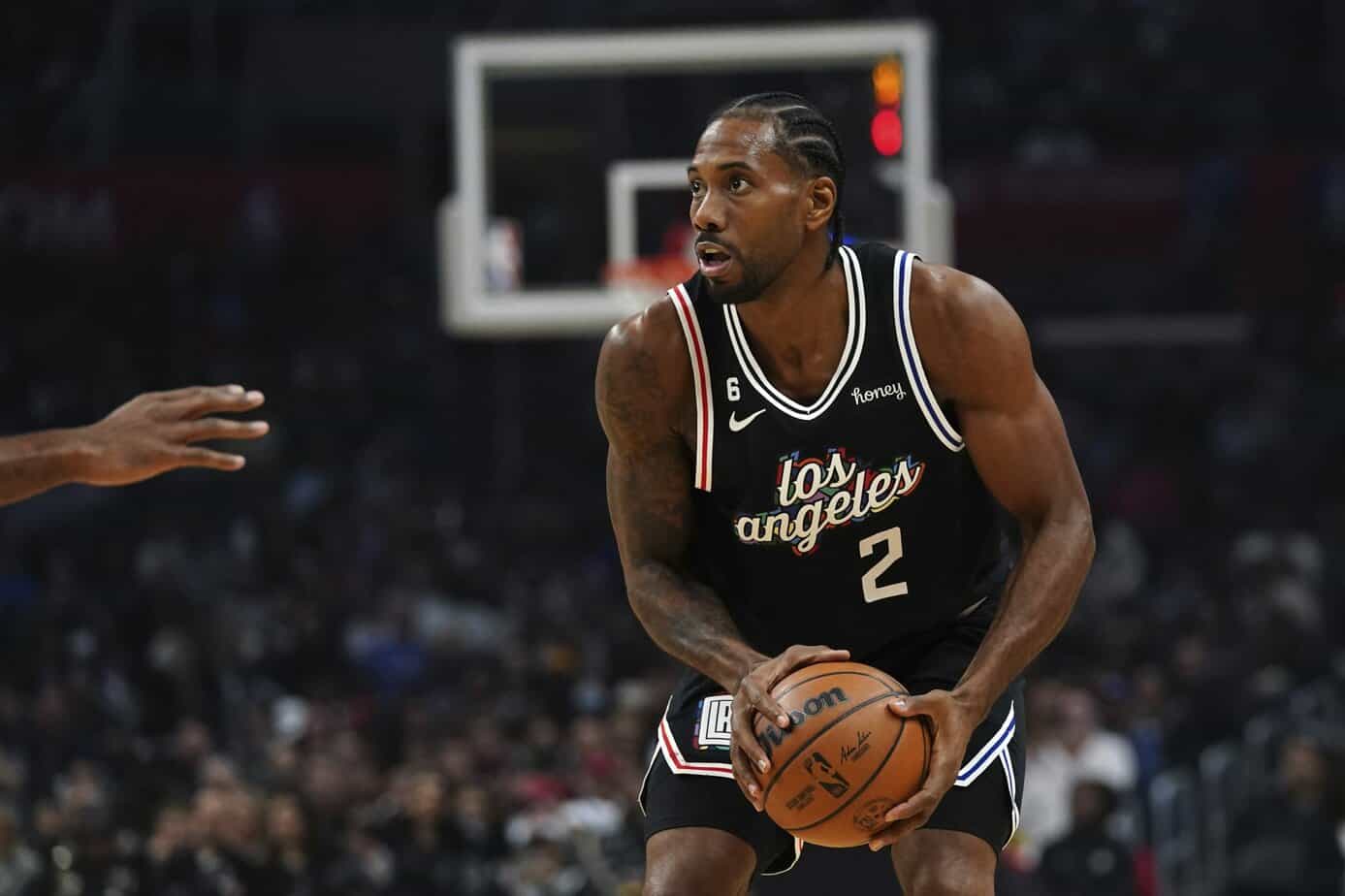







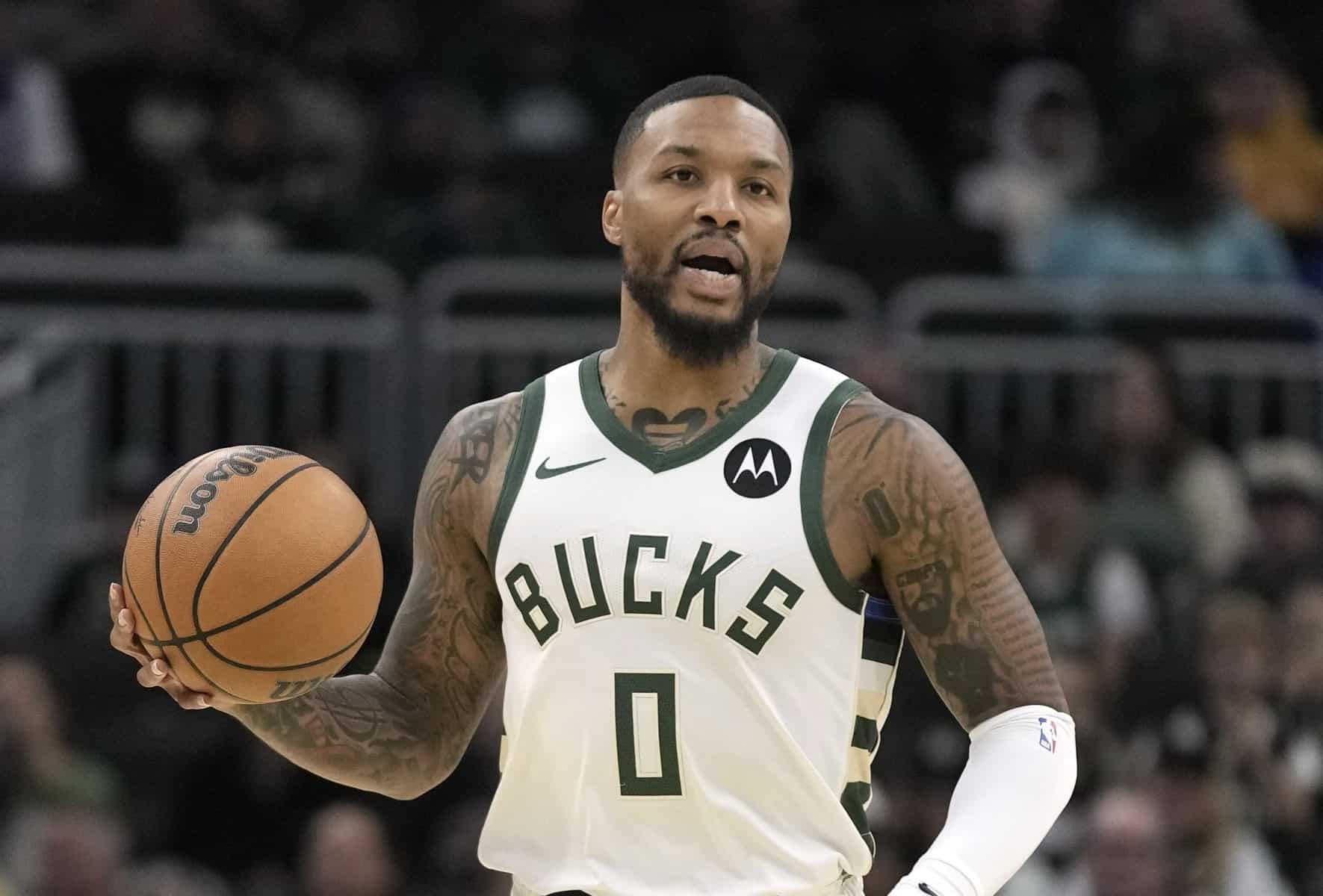
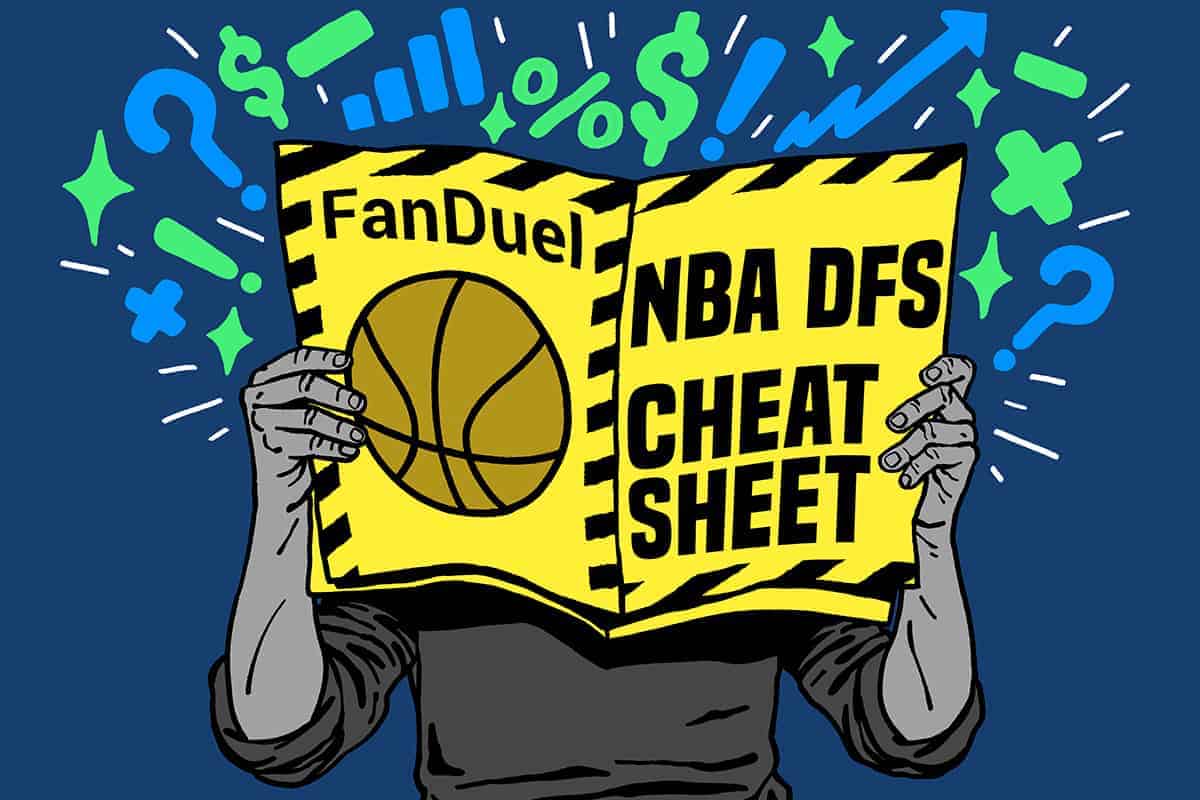
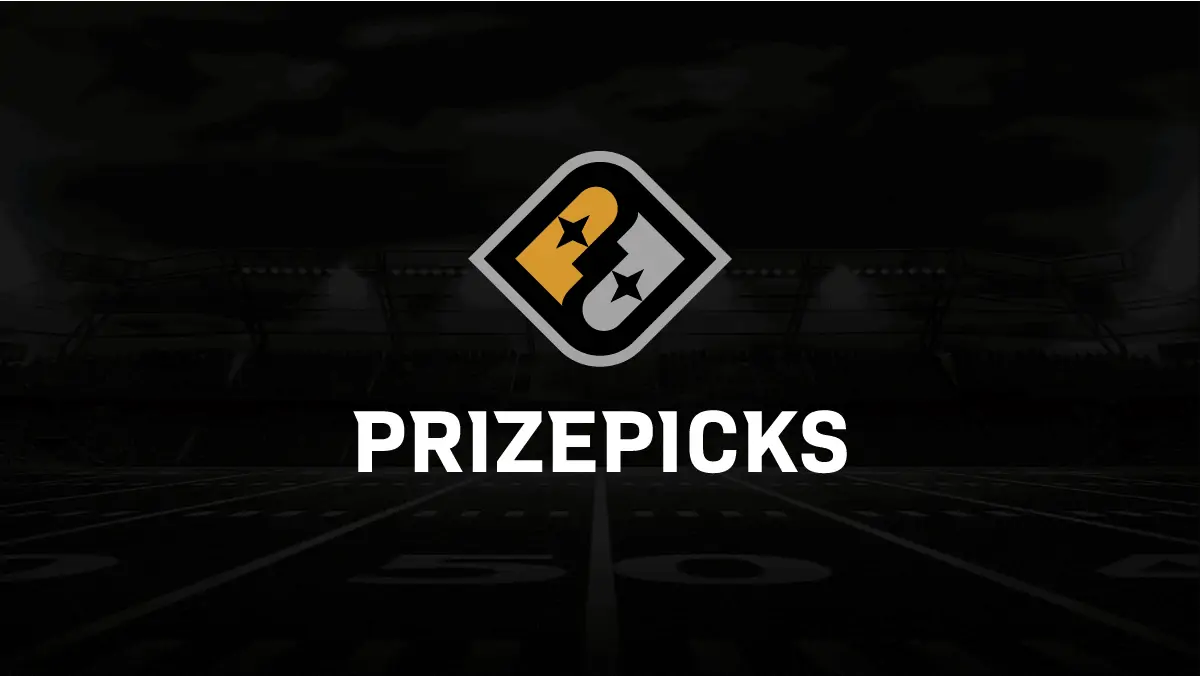
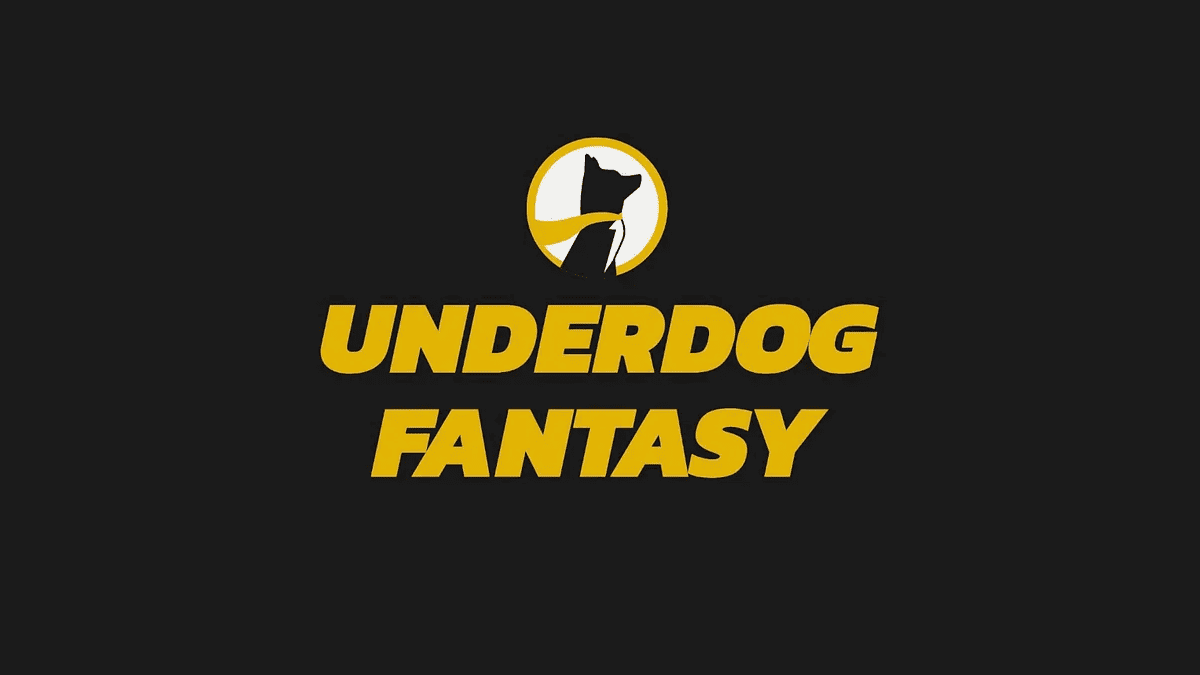




Do You use critical thinking when coming up with your Awesemo Rankings for NFL?
I would love to see any thoughts on slate selection/ game type – does anyone see an improved chance to cash on afternoon/ late night pm slates vs. main slates? Do NFL Mon- Thursday slates often fail because there are more sharks/ less casuals playing or lineup optimizers are at their weakest in projections? Should minnows like me focus on double ups single entry or small 3-5 man tournaments with low entry fees?
I have some thoughts on game selection here: https://www.awesemo.com/nfl/contest-selection-primer/. I think that focusing on non-main slates can be a smart strategy because there are less sharks. But I recommend playing as many slates as you can because you’ll get the most chances to improve your skills and spread out your investment.
Last comment:
Has anyone “ranked” DFS sites in terms of predictable article content? You can spend hours going over rotogrinders, rotopass, espn, PFF, etc. – But they all can’t be right. Who makes the bold predictions vs. copy and paste the chalk? Same goes for You tube channels.
I’m playing in all of the highest stakes GPP’s so I can guarantee the information I use on the site is up to snuff; otherwise I’d be broke!
I maybe overlooking this but is there a tool available for usage and snap count on this site? If not, is there one you would recommend?
The site I use for this kind of information is PFF. But I list the results of what I come up with in the detailed projections.
In singular cases, traditional tools like handsaws may suffice, but large-scale tree care usually calls for heavy machinery like cranes, bucket trucks, harvesters, and woodchippers.
arborist service